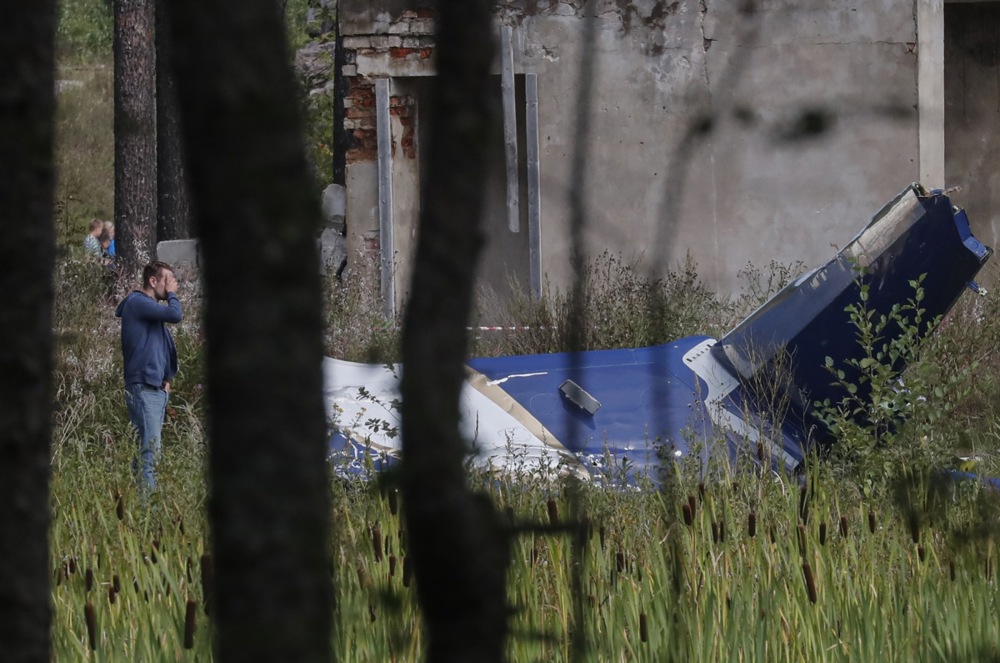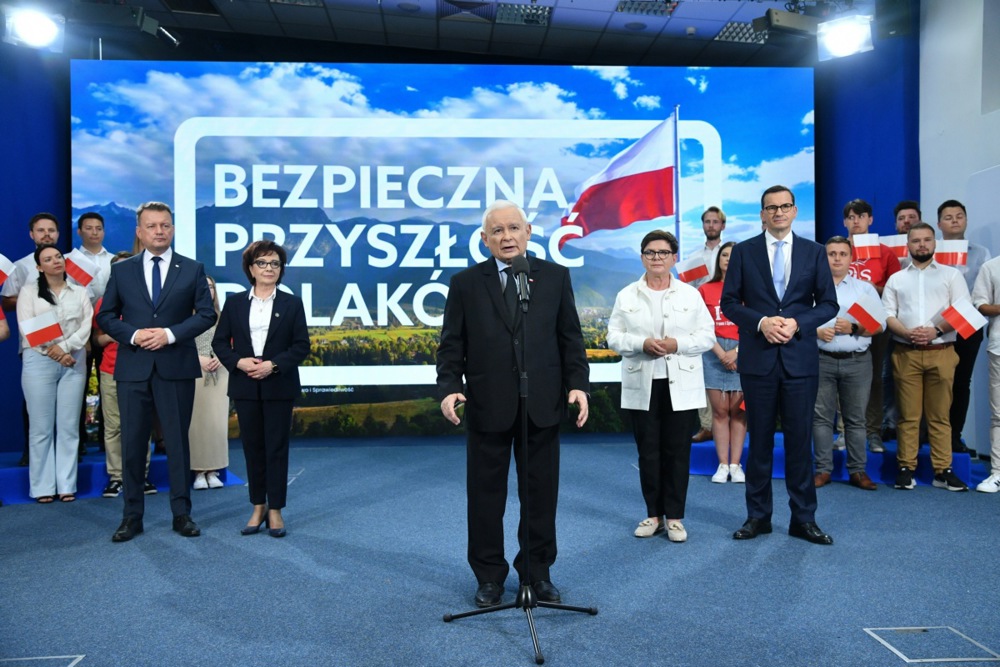The tempo in the Central Eastern European (CEE) region is quickening, fueled by a concatenation of events that seem more like the complex choreography of a ballet than simple geopolitical manoeuvring.
First, Russia’s brazen invasion of Ukraine. It sparked outrage and deepened divisions, creating an urgency that reverberated across Europe and the world. This, when placed against the backdrop of the peculiar relationship between the Western European block within the EU and the eastern flanks of the Union, primarily Poland and Hungary, paints a detailed landscape of tensions and allegiances. The current parliamentary elections in Poland adds more spice to this concoction, with the ruling party feeling the heat from an opposition powered by a Western European mainstream media and, to some extent, leftist movements from the US.
While EU bureaucrats try to keep Poland on a leash, using sanctions, funds constraints, and legal fees, Poland, defiant as ever, has posted enviable financial figures. Its consistent growth, low unemployment rates, and enhanced productivity starkly contrast with the declining economies of the West.
Poland’s historical positioning in the CEE is not just a relic of the past but a tangible reality today. The nation is rapidly bolstering its defense capabilities, investing in military modernization, and is poised to have the most formidable land army in the EU.
Meanwhile, Ukraine has emerged as the ultimate pawn in the age-old chess game between Germany and Russia. The two powers seem desperate to ensure that the camaraderie between Ukraine and Poland never solidifies. From the era of the Polish-Lithuanian Commonwealth to the tragic incidents during WWII, the Ukraine-Poland dynamic has always been one of intrigue. Poland was among the first to extend its hand during Ukraine’s early hours of need post the Russian invasion.
However, the murkiness of geopolitics is such that Germany, through its lobbyists, appears intent on wedging itself between Ukraine and Poland. They paint a rosy picture of being Ukraine’s gateway to the EU, but in reality, this may be a smokescreen. Their real intention? Many in Poland believe it is to weaken Ukraine enough to make it bend to a peace deal that would benefit German industries, reviving business ties with Russia and tapping into vast reserves of cheap energy.
The Oakland Institute’s revelation about Ukraine’s agricultural landscape further complicates matters. With oligarchs and foreign interests controlling over 30 per cent of the nation’s agricultural lands, Ukraine is in a stranglehold. The Western financial institutions’ arm-twisting, using debts and austerity measures, is only cementing the oligarchic control. Ukraine’s farmers, the nation’s backbone, are left in the lurch, receiving negligible support. Such massive consolidation by the oligarchs poses a real threat to Ukraine’s sovereignty.
Moreover, the sly German and Russian manoeuvres are leaving cracks in the once-strong bond between Poland and Ukraine. President Zelenskyy’s “oversight” in omitting Poland from his gratitude list, when acknowledging support for Ukraine’s NATO bid, went largely unnoticed but spoke volumes. The situation escalated when Ukraine slapped a legal claim against Poland, alleging it obstructed the sale of Ukrainian grain not only within its borders but also in Slovakia and Hungary. With Poland’s neighboring nations already grappling with the logistical nightmare of storing and transporting Ukrainian grain, the EU bureaucrats’ timing to lift the ban during Poland’s parliamentary election seems too convenient.
It’s no surprise that when Zelenskyy stood before the UN, hinting at the political theatre some European friends were enacting and advocating for Germany’s permanent position in the security council, it felt as though the narrative was shifting. Ukraine’s change of heart might not harm Poland significantly, but it surely plunges Ukraine deeper into the treacherous waters of Moscow’s influence.
In conclusion, the CEE is in a geopolitical whirlwind. Old alliances are tested, new bonds are formed, and through it all, the ancient game of power and influence continues unabated.





The EU must stop playing the good guy and start showing it is serious about Europe’s foreign policy interests